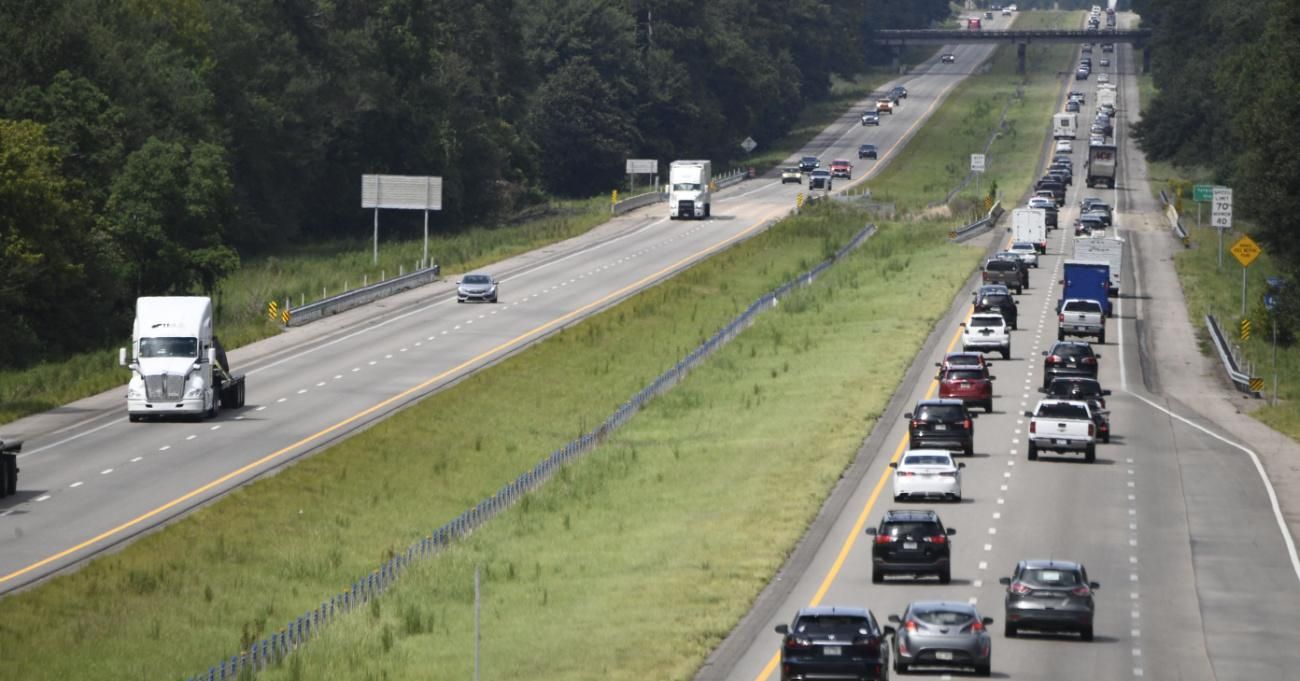
This is a developing story and may be updated.
Weather experts on Sunday said their worst-case-scenario predictions about Hurricane Ida, which damaged homes and knocked down trees in Cuba on Friday, appeared to be coming true as the tropical cyclone made its way towards New Orleans with winds rushing at 150 miles per hour.
The hurricane made landfall Sunday afternoon in southeastern Louisiana, driving thousands of people to evacuate on Saturday.
Forecasters expressed anguish on social media and in weather reports as they watched the storm approach New Orleans on the 16th anniversary of Hurricane Katrina’s landfall.
“Worst case scenario unfolding for Louisiana,” said Tom Di Liberto, a meteorologist at the National Oceanic and Atmospheric Administration (NOAA). “Absolutely sick to my stomach seeing this.”
“Monster storms cause enormous damage not only because of their winds,” wrote Tom Yulsman, director of the Center for Environmental Journalism and a blogger for the magazine. “They also dump unimaginable amounts of water. And research shows that thanks to climate change, they’ve been getting wetter.”
Yulsman continued:
That’s happening for a number of reasons. First, a warmer atmosphere can carry more moisture. Research shows that for every one degree Celsius (1.8 degrees Fahrenheit) increase in temperature, the atmosphere can hold 7 percent more moisture. So far, the globe has warmed by about 1.1 degrees Celsius since preindustrial times.
On Twitter, climate scientist Katherine Hayhoe said the question of whether the climate crisis “causes” hurricanes like Ida is “the wrong question.”
“The right one is, ‘How much worse did climate change make it?” Hayhoe said.
“Given that science has already showed that a warmer ocean and other aspects of climate change are leading to much faster intensification of hurricanes,” Hayhoe added, “the question today is not, to paraphrase climate scientist Kevin Trenberth, how could climate change affect this event—but rather how could it NOT, as it is occurring over the massively altered background conditions of our 1.1C warmer planet.”
Experts Warn of ‘Potentially Catastrophic’ Destruction as Hurricane Ida Reaches New Orleans
Source: Articles Viral Post
0 Comments